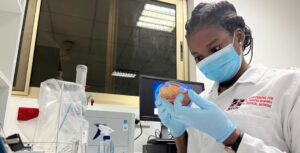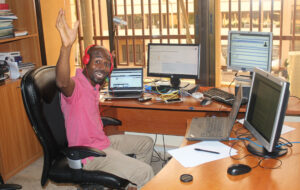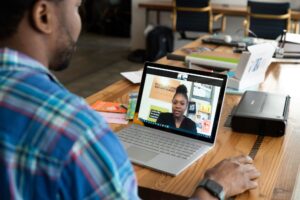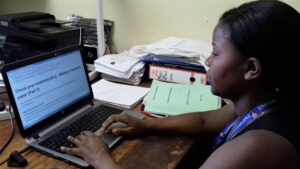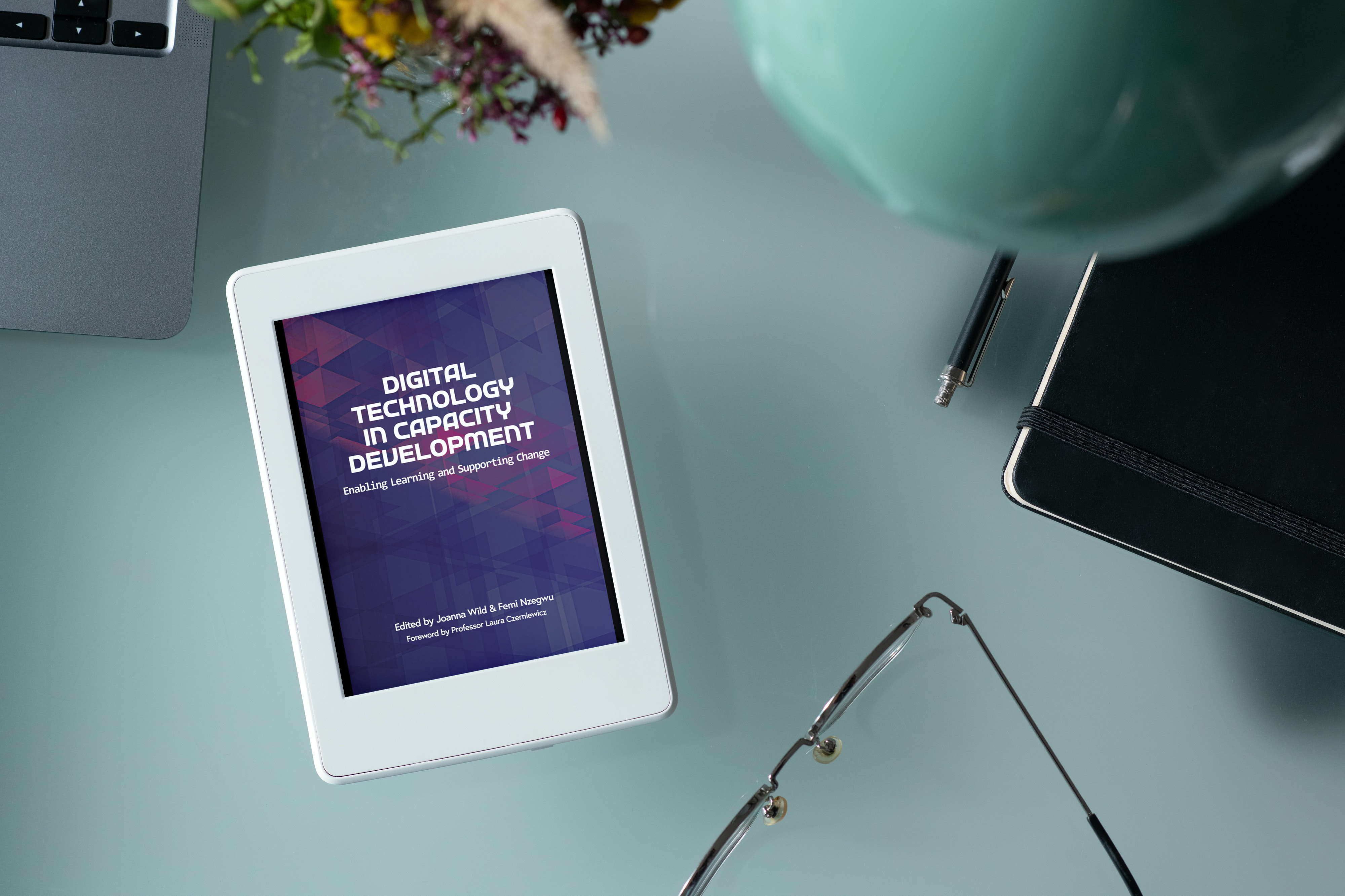
How can educators, researchers and practitioners use digital technologies to enable learning and support change?
The world woke up to online learning during the pandemic, but for the last 10 years we’ve been quietly developing our digital expertise. Over 20,000 professionals and students across Asia, Africa and Latin America have used our online courses — and connected communities of practice — to develop new knowledge, master new skills and apply them in their workplace. Many of our facilitators are themselves Southern researchers and professionals. Those 20,000 are all “completers”, not simply participants, who have actively participated, submitted assignments, and peer reviewed the work of their fellow learners. Half are women, notable in contexts where women can face barriers to professional learning.
We’ve asked and answered many questions in that time, as we’ve sought to adapt our methods and update our content to reach more people, improve their learning experience, and build a community of learners that is building knowledge and developing new ideas together.
- What makes our online learning successful?
- Is there a link between social interaction and completion rates?
- How can we overcome technological barriers and develop courses that are accessible to learners no matter where they live and how good or poor their internet connectivity is?
- How can we develop courses that respect and respond to participants’ contexts – including past experience, language, learning culture and communication?
We realised that ten years of work – and specifically about online learning in and for the South – gave us a rich set of data and insights, and with increasing interest in digital learning we decided it was time to document what we’d learnt – and to challenge some of the many assumptions that swirl around online learning. We also wanted to share our own methods and approaches to offer support to others grappling with the “how”.
Our new book Digital Technology in Capacity Development: Enabling Learning and Supporting Change, published with African Minds, answers these questions and offers our design tools and guidelines. It is intended to be firmly pragmatic, offering advice on how to design for equitable and inclusive online learning and respond to diverse Southern contexts. It’s published open access, to make it as widely available as possible, and to ensure that others can adapt and use it in their own work.
We draw on evidence and experience to identify key principles and challenge common assumptions and offer case studies and step by step guides, to help anyone who wants to create inclusive learning opportunities with limited resources.
- Part 1 sets out the main thinking that informs our overall approach and the frameworks that guide our practice.
- Part 2 explores a series of assumptions about technology-enhanced learning (TEL) that are common in the literature and which we used our data to explore. It brings new evidence to bear on how TEL can be used more effectively as part of learning and capacity strengthening.
- Part 3 is designed as a practical guide to walk practitioners through the steps to create relevant, inclusive and sustainable digital learning interventions.
- Part 4 offers a collection of 16 case studies that illustrate how we have put the principles into practice.
We’re grateful to Professor Laura Czerniewicz, Centre for Innovation in Learning and Teaching at the University of Cape Town, for her review – hopefully this encourages you to click through, download and read.
This book shows the possibilities, the successes, the lessons learnt, the messiness and the authenticity of pragmatic capacity building across networks in numerous locations. Fortunately, INASP had the foresight to record its many years of activities and to take the time to analyse and learn from experience. This book makes an important contribution by providing insightful real-world cases and exemplars while the companion analyses of scholarly literature and the thoughtful frameworks offer understandings that are both theorised and practice-based. In effect, the book offers an experience-based account of what it takes to provide enabling environments for educator capacity development and student learning, as well as how to make change happen.
Open access digital edition now available to read and download
We’ll be discussing these themes through a series of panel discussions in the coming months. Sign up here to receive details and join us to debate and learn more.
By Joanna Wild & Jon Harle

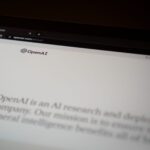 Previous Post
Previous Post Next Post
Next Post